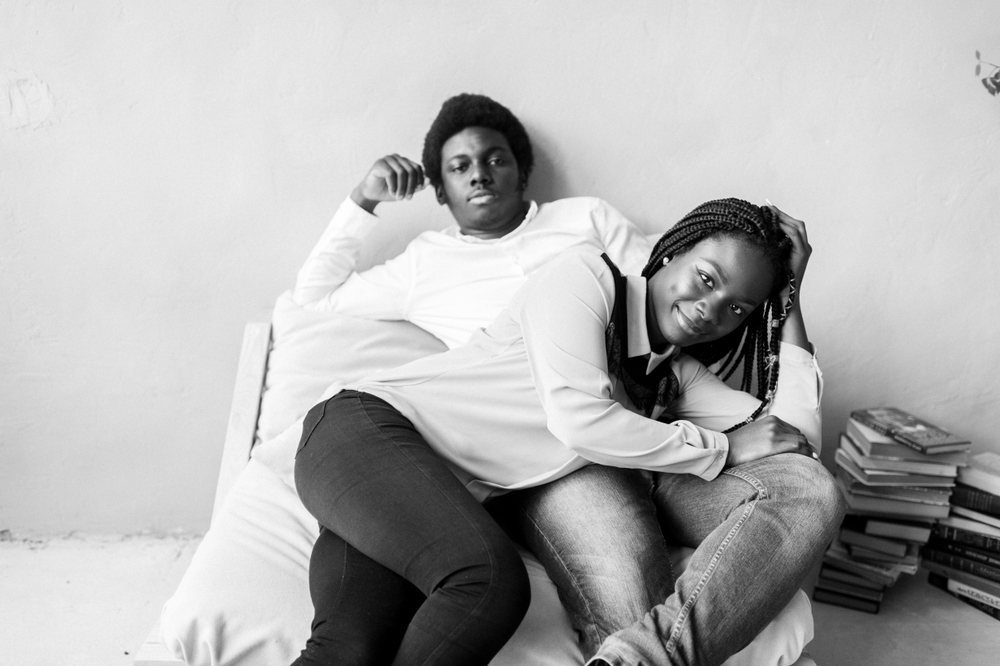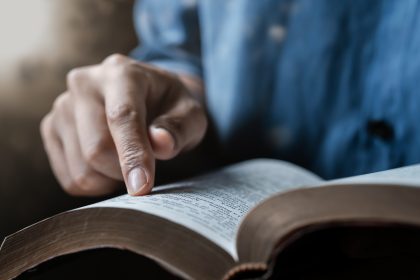Your first love occupies a unique space in your heart, no matter how many years pass. That initial taste of romance – whether a high school sweetheart or summer fling – creates neural pathways and emotional memories that shape every relationship that follows. Understanding why these early experiences hold such power reveals fundamental truths about how we love and who we become.
Your brain literally changes during first love
First love triggers a neurological fireworks show unlike anything you’ve experienced before. The butterflies, racing heartbeat and obsessive thoughts aren’t just feelings – they’re your brain undergoing permanent rewiring.
When you fall in love for the first time, your brain floods with:
- Dopamine creating euphoria and addiction-like cravings
- Oxytocin building deep emotional bonds
- Adrenaline heightening every sensation
- Serotonin fluctuations causing mood swings
These chemicals create neural connections so strong that decades later, a familiar song or scent can transport you instantly back to those moments. Your brain essentially takes a permanent snapshot of this emotional earthquake, preserving it with remarkable clarity.
The purity of loving without fear
First love blooms before life teaches you to be cautious. You haven’t learned about red flags, relationship games or self-protection. This creates an emotional openness that rarely appears again.
That pure, unguarded love represents:
- Complete vulnerability without defense mechanisms
- Giving everything without calculating returns
- Believing love conquers all obstacles
- Trusting completely without past wounds
Adult relationships carry baggage from past hurts, practical considerations and learned behaviors. But first love exists in a bubble of possibility where heartbreak seems impossible and forever feels guaranteed. This innocence, once lost, can never truly return.
How first love creates your relationship blueprint
Every relationship lesson starts with your first love. Whether it ended beautifully or badly, those early experiences establish patterns that echo through future connections.
Your first love teaches fundamental lessons about:
- How you express affection
- What makes you feel valued
- Your communication style under pressure
- Boundaries you need in relationships
- Deal-breakers you won’t recognize until later
Some people spend years trying to recreate their first love’s magic. Others work equally hard to avoid repeating its mistakes. Either way, that initial relationship becomes the unconscious template against which all others are measured.
Nostalgia transforms pain into sweetness
Time performs alchemy on first love memories. The devastating breakup that once felt world-ending becomes a bittersweet chapter in your story. Years later, you might not want that person back, but you treasure what they represented.
This nostalgia serves important purposes:
- Validating your capacity for deep feeling
- Proving you were once loved completely
- Reminding you of your emotional courage
- Connecting you to your younger self
Social media amplifies this phenomenon, making it easy to wonder about first loves and occasionally peek into their current lives. These glimpses rarely rekindle romance but often provide closure or perspective on how far you’ve traveled.
Unfinished stories keep memories alive
Many first loves end without proper closure. Youth, circumstances or simple inexperience often prevent the kind of mature ending that provides peace. This lack of resolution keeps the story active in your mind.
Common scenarios that prevent closure:
- Moving away for college or family
- Parents or friends interfering
- Simply growing apart without explanation
- One person’s feelings changing first
Without clear endings, your mind continues writing alternate chapters. The persistent wondering about what might have been keeps that person occupying mental real estate long after they’ve left your life.
Culture and science validate these feelings
Every culture celebrates first love through stories, songs and traditions. From Shakespeare to modern movies, we collectively acknowledge first love’s unique power. This universal recognition isn’t just romantic fantasy – it’s grounded in neuroscience.
Research confirms that adolescent and young adult brains process first love differently. The still-developing prefrontal cortex can’t fully regulate the emotional intensity, while heightened neuroplasticity ensures these experiences create lasting imprints. Your brain literally builds itself around these early romantic experiences.
First love’s lasting influence goes beyond romance
The impact extends far beyond future relationships. First love often coincides with other major life transitions – discovering independence, forming identity, imagining your future. The person becomes intertwined with who you were becoming.
This relationship influences:
- Your emotional courage in all areas
- How you handle vulnerability
- Your capacity for hope and optimism
- Understanding of joy and pain
- Belief in your own lovability
Even if that person disappeared from your life decades ago, they remain part of your emotional foundation.
Honoring the past while embracing the present
Remembering first love doesn’t diminish current relationships or suggest you’re stuck in the past. Instead, it acknowledges a formative experience that helped create who you are today. That teenage version of you who loved so fearlessly deserves recognition for their bravery.
You can honor first love by:
- Appreciating lessons learned
- Forgiving yourself and them for mistakes
- Recognizing growth since then
- Applying wisdom to current relationships
- Sharing stories without comparison
Your first love stays with you forever not because they were perfect or because you haven’t moved on. They remain because they awakened something fundamental within you – the capacity to love and be loved. That awakening, once experienced, becomes part of your permanent emotional architecture.
Every love that follows builds upon that foundation. While you may love differently now – perhaps more wisely, carefully or deeply – that first experience proved love was possible. In a world that often feels cynical about romance, that proof remains precious. Your first love gave you that gift, and it’s yours to keep forever.












